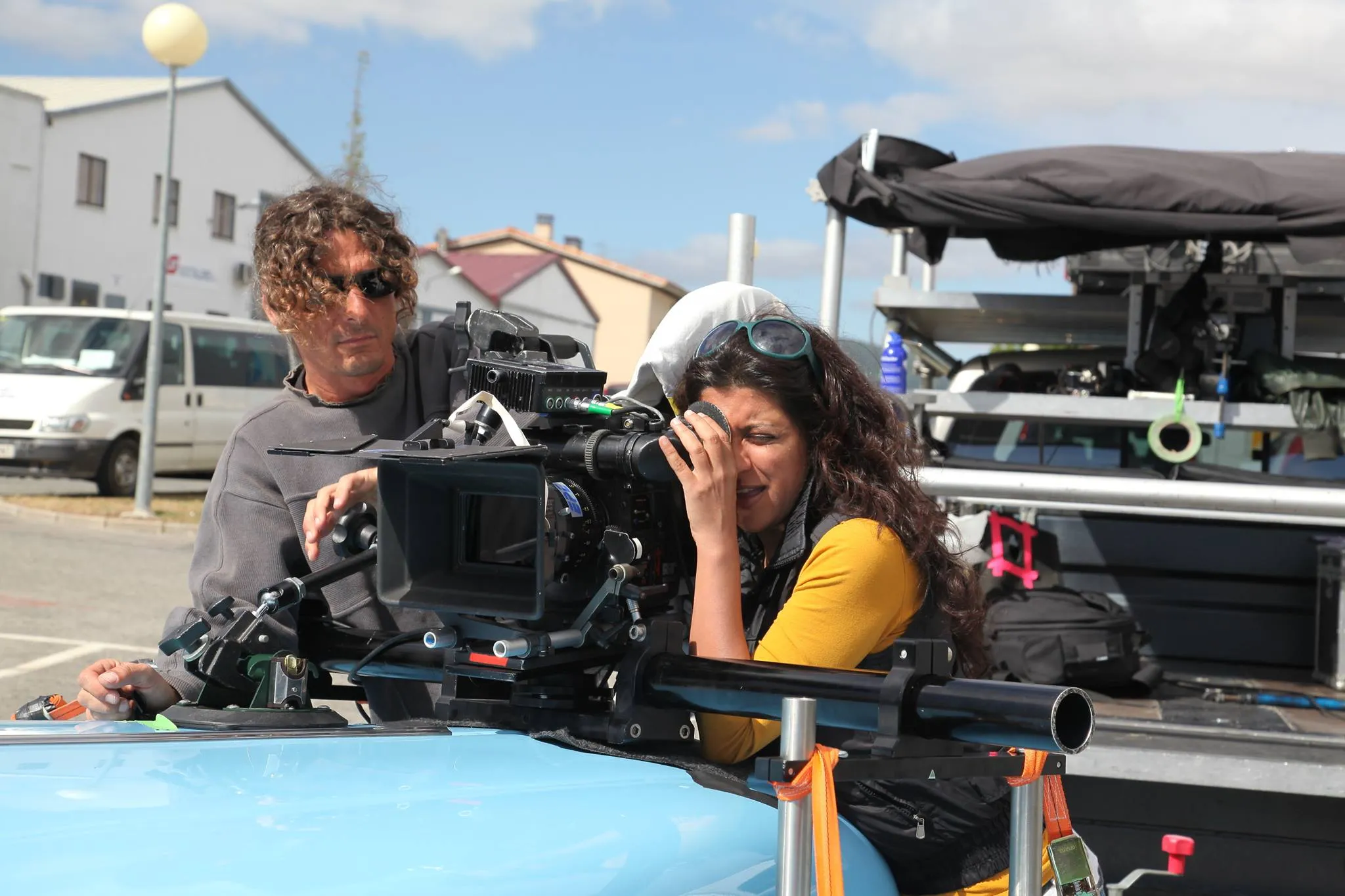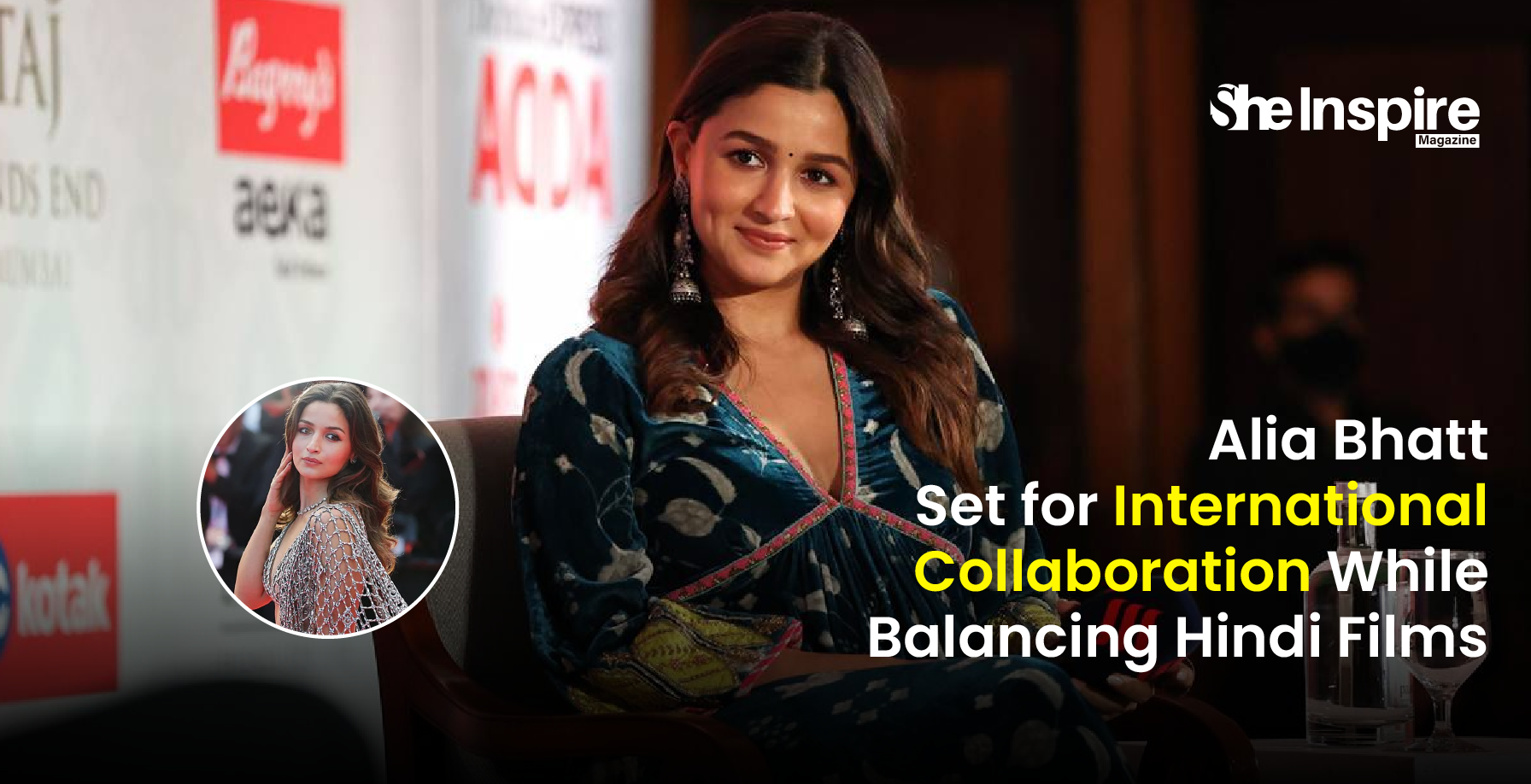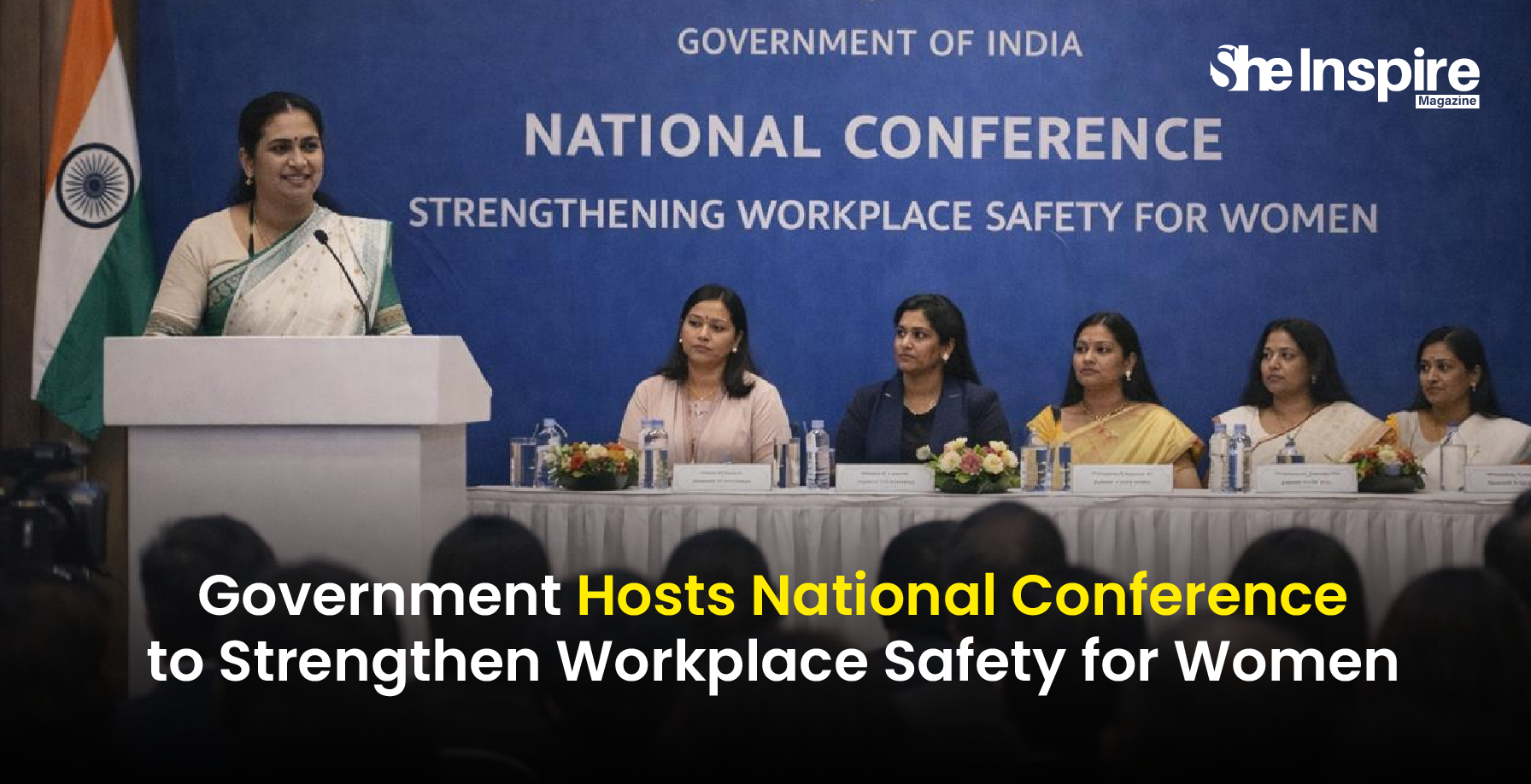Women in Film: The Rising Influence of Female Directors and Producers

The Indian cinema industry, known as Bollywood, has long been stereotyped as a male domain. But in the recent past, women have set out promising directions by taking charge of powerful positions like directing and producing films changing the perspective of the whole film industry from within. This new wave of young female filmmakers has been coming up with diverse, bold, and inclusive narratives that further open up new ways of understanding Indian cinema.
Women Directors:
Indian women directors are breaking the traditional story-making and making films that will challenge society. Among such influential leaders is the famous storyteller Zoya Akhtar, known for telling realistic and thought-provoking stories, movies like Zindagi Na Milegi Dobara and Gully Boy come across as high-voltage movies with deep social issues and are quite enjoyable for a wide audience. The capability to blend commerce with substance has made her a role model for aspiring women filmmakers.
Gauri Shinde is another director who made quite a dent with emotionally rich films like the English Vinglish and Dear Zindagi. She works more on the inner lives of women, giving voice to stories that have been sidelined for too long. The same also applies to powerful dramas like Raazi and Talvar by Meghna Gulzar, showing that the genre doesn't matter when female directors are doing the job.
These are no directors but a filmmaker. This is because they carry sensitivity, empathy, and authenticity to each of their works. Their films always appeal profoundly, as they did to generations past, capturing identity issues, gender problems, and issues of social justice previously underexplored.
Female Producers:
Now behind the camera, female producers, make their presence felt by supporting those projects that prioritize creativity. Producers and directors like Kiran Rao, have shaped the film industry with the movies like “Laapataa Ladies”, “Dangal” and “Secret Superstar”, which challenged the old societal norms, with their unconventional storylines.
Another name is Guneet Monga, an Academy Award winner in the category of Best Feature Film Live Action, is one of the most powerful female film producers who has been focused on distinctive stories, through her production company Sikhya Entertainment, she has produced critically acclaimed movies like The Lunchbox and Masaan, which received international recognition. The story further proves that with women producers, not only is Bollywood getting shaped but also establishing its place globally.
Conclusion:
The female directors and producers of India are here to stay. As women increasingly assume leadership roles in cinematic history, there's hope that increased diversification of storytelling will be able to portray the richness of Indian society in its all its complex variegation. The paths of revolution have not only shaped the nature of film-making but have also paved the way for generations to come.
As a result, the influence of women working in Indian cinema will be the power that will naturally evolve over the next few years, thus leading to richer, more inclusive stories that resonate throughout the Indian subcontinent and even globally. Such a shift is opening a new horizon for the Indian film industry, one that celebrates diversity, breaks stereotypes and empowers women on and off screen.



